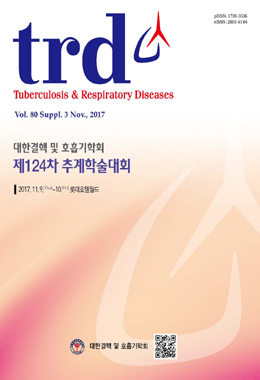Backgrounds: As there had been persistent public demands for legislation about end-of-life care, Well-dying law has been enacted and implemented since this February. At the sixth month from law implementation, we performed a survey with healthcare providers to investigate their opinions about changes in clinical practice regarding end-of-life care.
Methods: We performed a single-center surveillance involving healthcare providers working in department of internal medicine.
Results: Of total 61 respondents, 20 were medical specialist, 14 were medical residents, and 27 were nurses. Mean working experiences of physicians and nurses were 12.7 and 4.9 years, respectively. Only 29% of nurses and 73% of physicians answered that they had received any education about Well-dying law, and their average self-assessed comprehension of the law was about 50 out of 100 points. 11.9% answered they experienced positive changes in clinical fields after the law implementation while 22.8% answered negatively. Only 14% answered they experienced less futile ICU care and only 20.8% answered they experienced less cardiopulmonary resuscitation after the law implementation. On the other hand, in aspect of patients’ dignity regarding end-of-life care, more respondents answered Well-dying law would be more suitable in clinical practice rather than DNR form. There were no significant differences according to occupations.
Conclusions: More active education is needed for awareness of the law. Up to now, degree of understandings and opinions about this law is very heterogenous




